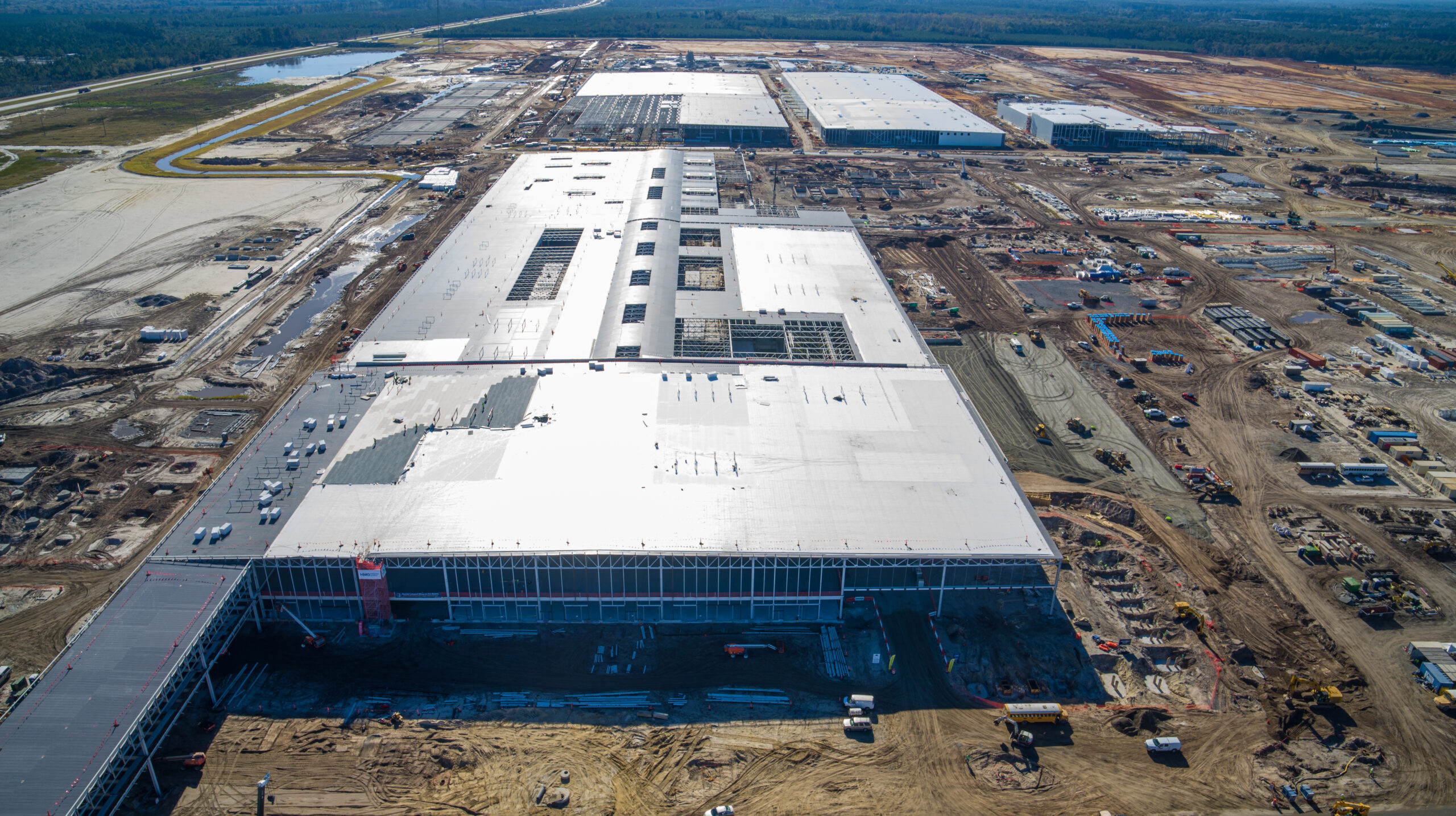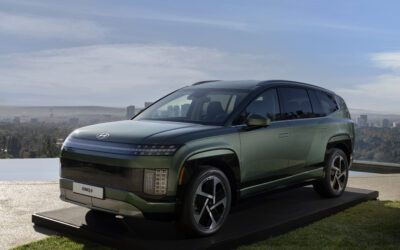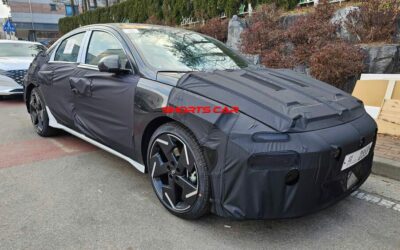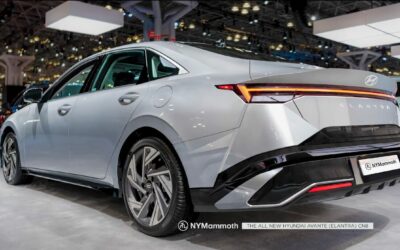Hyundai Motor Group is setting a new pace in the electric vehicle (EV) industry with the early operation of its dedicated electric vehicle factory in Georgia, USA. Initially set for 2025 opening, the factory’s construction has outpaced expectations, promising an October start, three months ahead of schedule. This development comes just two years after the groundbreaking in October 2022, underscoring Hyundai’s commitment to expanding its electric vehicle production amidst fluctuating global demand.
Hyundai’s Strategic Advance in the EV Market
While other global automakers adjust their EV production strategies due to concerns over shrinking demand, Hyundai Motor Group is poised to capitalize on the U.S. electric vehicle market. According to Jose Muñoz, Hyundai Motors’ Global Chief Operating Officer and President of the North American Regional Headquarters, the acceleration of the Georgia plant’s construction is a strategic move to maximize the benefits of electric vehicle subsidies. Under the Inflation Reduction Act (IRA), electric vehicles produced in North America are eligible for up to $7,500 in tax credits, a significant incentive that Hyundai aims to leverage for its locally produced EVs.
Outpacing Competitors and Seizing Market Share
Hyundai Motor Group’s aggressive expansion into the electric vehicle market has not gone unnoticed. Despite initial exclusions from subsidy benefits, Hyundai and its affiliate Kia have overtaken traditional automakers like Ford and General Motors in the U.S. electric vehicle sales rankings, trailing only behind Tesla. With a remarkable 62.6% increase in sales volume in the last year, Hyundai and Kia have solidified their presence in the U.S. market, now holding an 8% market share.
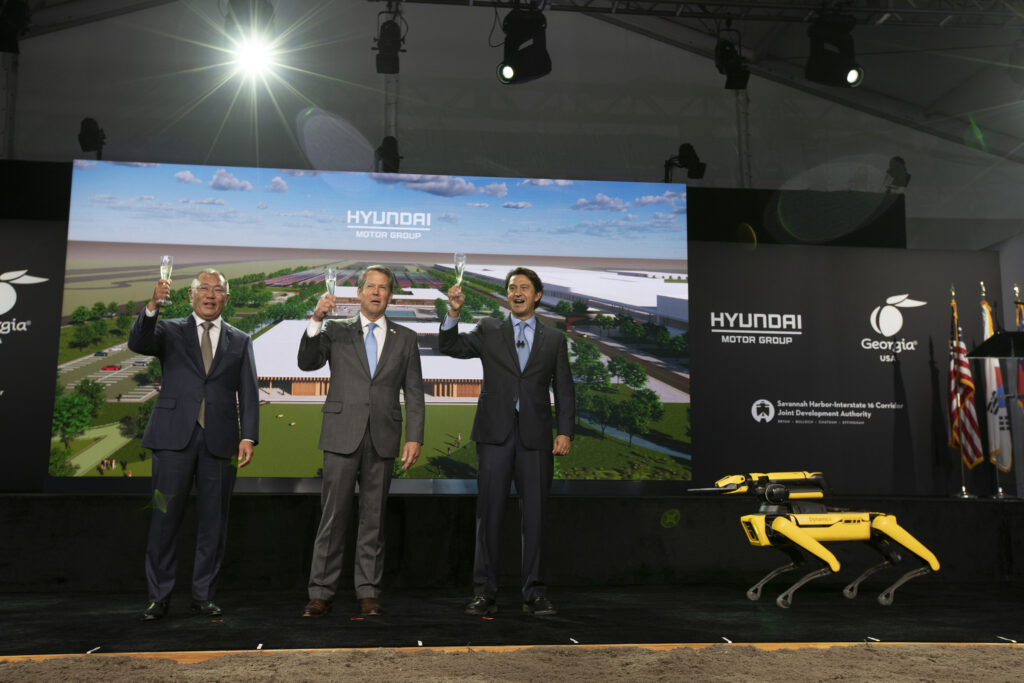
Hyundai’s New Electric Vehicle Plant: A Game-Changer
The Hyundai Motor Group Metaplant America (HMGMA) in Bryan County, Georgia, represents a significant milestone in Hyundai’s electric vehicle journey. With the capability to produce up to 300,000 electric vehicles annually, and potential expansion to 500,000 units, HMGMA is set to become a cornerstone of Hyundai’s EV production. The plant will feature six models from Hyundai, Kia, and Genesis brands, including the much-anticipated IONIQ 7, Hyundai’s first three-row electric SUV, slated for full-scale production next year.
Leveraging Partnerships and Expanding EV Infrastructure
In addition to its own factory, Hyundai is also constructing a joint battery production facility with LG Energy Solutions, set to commence operations in January. This partnership underscores Hyundai’s strategy to ensure a stable supply of batteries, a critical component in electric vehicle production. Furthermore, Hyundai is pushing for wider adoption of electric vehicles among its dealers and aims to fully adopt the North American Charging Standard (NACS) developed by Tesla, enhancing compatibility and convenience for EV users.
Conclusion
Hyundai Motor Group’s early operation of its electric vehicle factory in Georgia is a bold step forward in the competitive EV market. By leveraging government subsidies, expanding production capabilities, and fostering strategic partnerships, Hyundai is not only challenging the status quo but also paving the way for a more sustainable and electrified future in the automotive industry.

